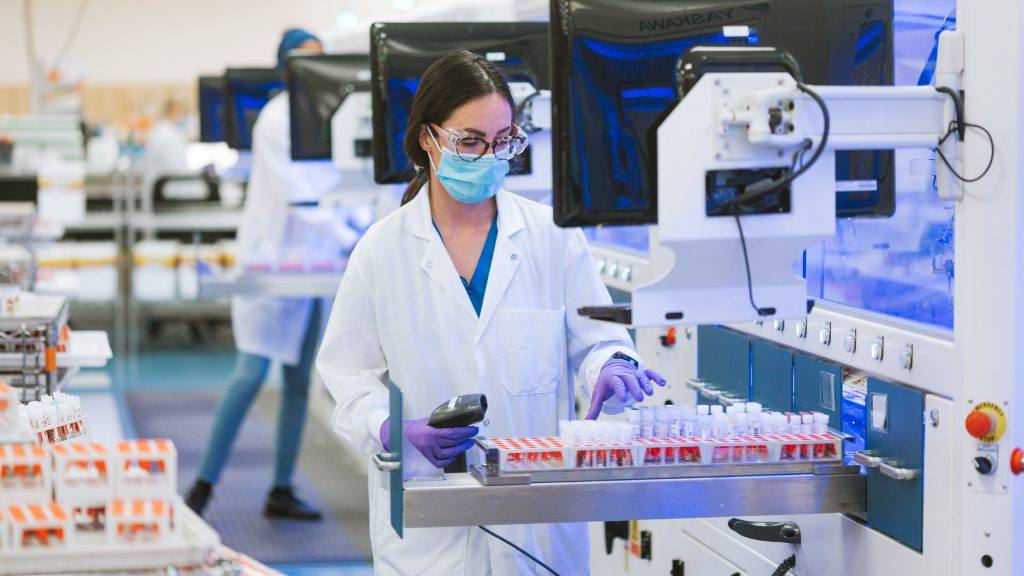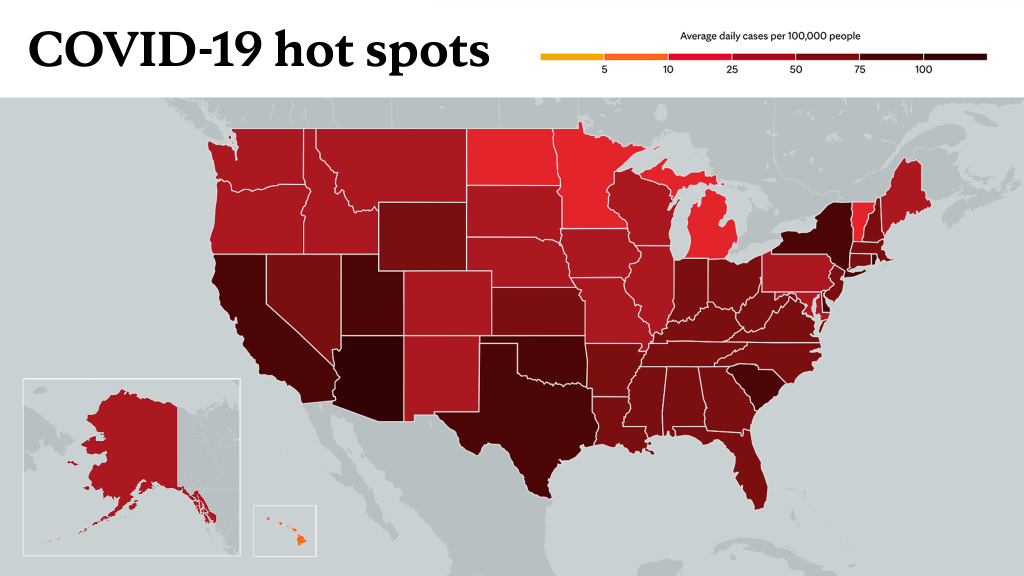
Virus mutations are nothing new. Like most viruses, SARS-CoV-2, the virus that causes COVID-19, is mutating all the time.
"I think there's a perception any time we talk about a mutation in something like a virus, that it's always a bad thing. And I think that's a bit of a misperception. Certain mutations can actually make a virus weaker. Certain mutations might have no impact on the virus at all. And then, certainly, there are some that may cause more of an issue," says Dr. Nipunie Rajapakse, a Mayo Clinic pediatric infectious diseases physician.
The new SARS-CoV2 variants do raise questions about transmissibility of COVID-19 and the effectiveness of vaccines.
"What we have learned so far, and we're learning new things on a day-by-day even hourly basis, is that the currently reported variants, especially the British variant, do seem to be transmitted more easily, so they spread from person to person more easily. But we have not seen clear evidence to suggest that they make people sicker," says Dr. Rajapakse.
While the identified variants are not more lethal, the increased viral transmission results in more illnesses, hospitalizations and deaths.
"Now that we're rolling out vaccine, the other question is, are any of these variants able to escape the vaccine protection and immunity? The early data that we have from the vaccine manufacturers and companies is that, so far, this does not seem to be the case," says Dr. Rajapakse. "The vaccines seem to provide protection for the variants that they've been able to study thus far. This is something that will continue to be studied on an ongoing basis, to ensure that the vaccines are effective as the virus mutates and changes."
Dr. Gregory Poland, an infectious diseases expert and head of Mayo Clinic's Vaccine Research Group, cautions that continued transmission of COVID-19 from person to person could result in a virus that is even more contagious and harder to vaccinate against.
"This is exactly what an RNA virus does when you pass it, or transmit it through human after human after human. In many ways, humans and human behavior are the cause of this continuing and worsening pandemic by not practicing all the public health measures we've talked about over the last year like masking and distancing. The consequences are these new variants," says Dr. Poland.
"The goal becomes how do you suppress or prevent more of these variants from arising, some of which could be extraordinarily lethal if we're not careful? The key is simple. Prevent transmission. How is that going to happen? Wearing a mask properly, physical distancing, hand-washing and getting a vaccine. That is our way out of this pandemic."
Related information: What’s the concern with COVID-19 variants?
_______________________________________
Information in this post was accurate at the time of its posting. Due to the fluid nature of the COVID-19 pandemic, scientific understanding, along with guidelines and recommendations, may have changed since the original publication date.
For more information and all your COVID-19 coverage, go to the Mayo Clinic News Network and mayoclinic.org.
Learn more about: Tracking COVID-19 and COVID-19 trends








